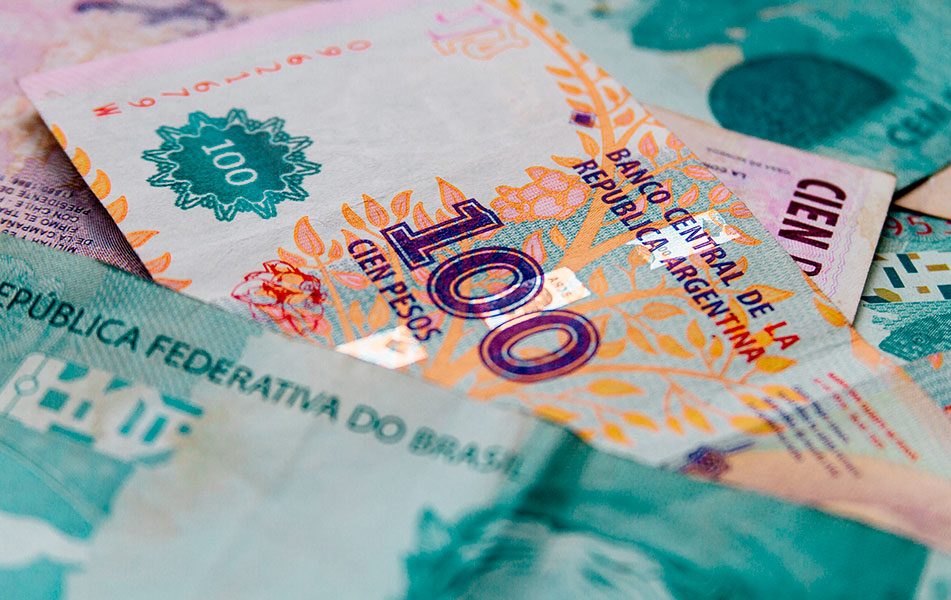Many exporters have found it difficult to receive their due payments when exporting to Argentina. There is an explanation for this: the foreign exchange restrictions imposed by the Argentinian government.
Under Alberto Fernández’s government, foreign exchange regulations were stricter due to a policy of preventing foreign currency from leakage out of the country. With the election of Javier Milei, the scenario has changed, as government spokesman Manuel Adorni himself stated: “Anyone who decides to import can do so, there’s no back and forth”.
However, there is a crucial turning point: December 13, 2023. There are no restrictions on imports after that day. On the other hand, the payment of debts from imports prior to December 13, 2023 depends on three options for Argentine importers.
The first one is the “official way out”, a government plan called BOPREALs (Bonds for the Reconstruction of a Free Argentina) established by Communications “A” 7925 and “A” 7918 of the BCRA (Central Bank of the Argentine Republic). This payment plan establishes three “windows” for the settlement of debts, as well as establishing the interest in each of these windows, the incidence or not of the PAIS tax, among other measures. It is also a sworn statement on the part of importers.
Given our experience with Argentine debtors, we have found that many companies have not opted for BOPREAL. The main reason for this is that they do not want to ” look bad” in the eyes of the exporters, with whom they have a partnership relationship, given that the period for repaying the debt is very long or is done in many installments.
With this in mind, there are two other ways for importers to repay their debt: one is for the exporter to have a subsidiary in the country, so payment would be made in pesos without any restrictions. The other option is to settle the debt using dollars known as CCL, i.e. the importer must open a bank account abroad.
Given this scenario, it is not easy to negotiate with Argentinian companies regarding their import debts. It is, therefore, extremely necessary to have a team of qualified professionals who have knowledge of the political and economic reality of our neighboring country in order to effectively recover the credit of exporters.

